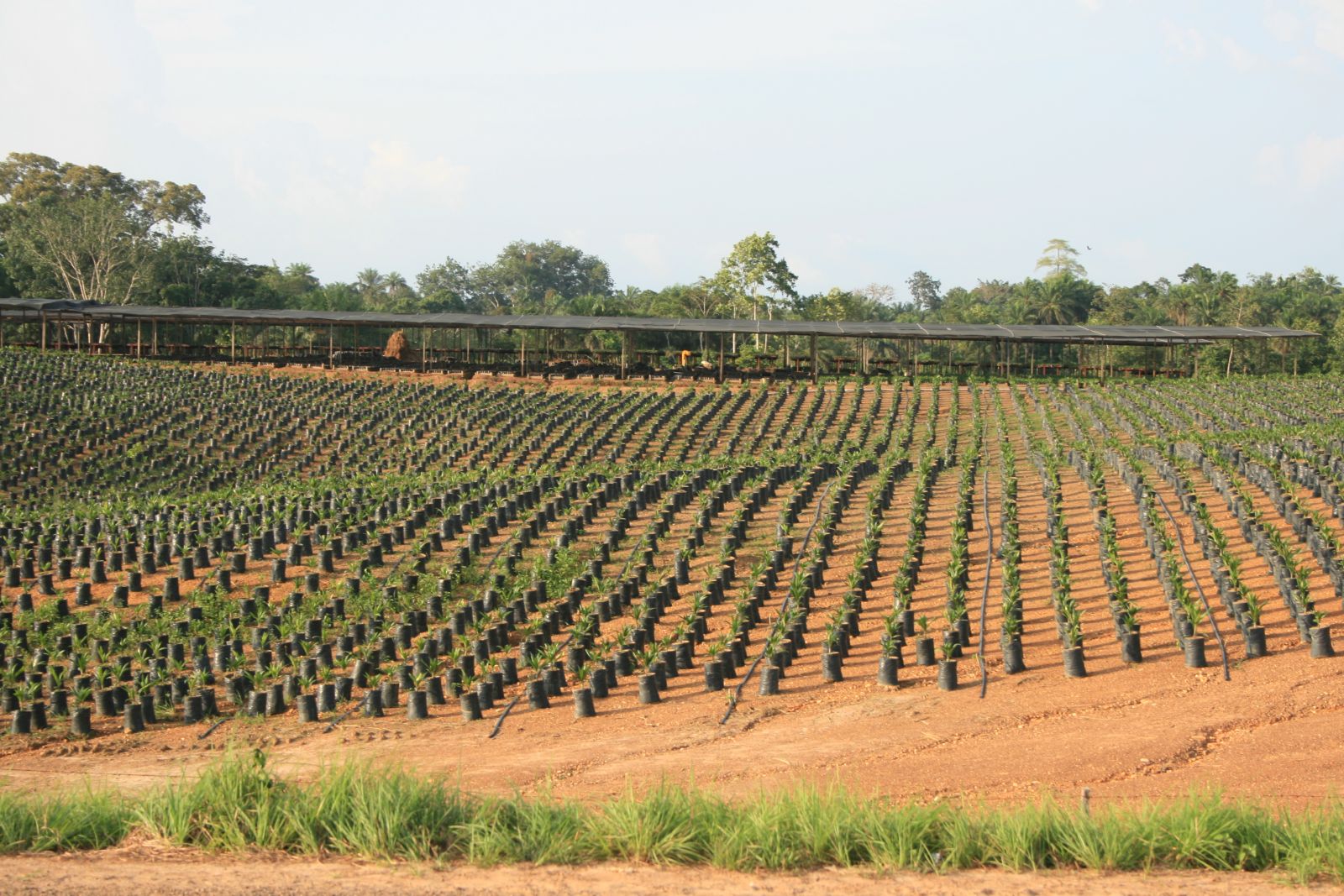
What
The Climate Change and Development in Africa (CCDA) conference series was conceived as an annual forum to enable linkages between climate science and development policy by promoting transparent discussions between key stakeholders in the climate and development community. CCDA seeks to mainstream climate information into decision making and strengthen capacities focusing on climate sensitive sectors such as agriculture, food security, energy and transport. To support Africa's towards better preparedness for COP21, this year's conference theme is "Africa, climate change and sustainable development: what is at stake at Paris and beyond?". The event will be convened at Victoria Falls, Zimbabwe from 28-30 October 2015.
Why
CCDA-V will be a moment of reflection on the performance of the UNFCCC in achieving its stated objectives of emissions reduction and sustainable development. The Conference will be a culmination of climate change dialogues across the continent and will focus on addressing the climate change, sustainable development and equity issues provided for in Article 2 of the UNFCCC in the context of the broad theme on “Prospects for Sustainable, Resilient and Creative Economies in Africa in the Context of a Changing Climate”. The 5th Conference will seek to review the experiences of the contemporary global climate governance regime with a view to evaluating its effect in achieving the objectives of article 2 of the UNFCCC, particularly with reference to Africa’s sustainable development. Issues of greenhouse gas stabilization and the implications of global warming for Africa’s sustainable development will be addressed through a review and analysis of the interactions between climate sciences, policy in the global climate governance framework. CCDA-V will review the application of the principles of the UNFCCC with a particular emphasis on the implications of the principles for equity. This is an opportune moment to engage the African continent and the world in such a review. The review will bring together reflections on the African climate change experiences thus far, and seek to inform the Paris framework on African perspectives. The reflections will also set the basis for developing climate sensitive development policies and processes in Africa in the post Paris period.
Specifically, CCDA-V will have following objectives:
- Deepen understanding of the role of climate data, information services and climate knowledge in development planning and climate proofing Africa’s economic development processes;
- Share experiences and deepen understanding of climate trends and the impacts of climate change in key development sectors in Africa, and the implications of these experiences for the continent’s sustainable development.
- Contribute towards the development of common African positions regarding the post Kyoto global climate governance regime.
- Anticipate the outcomes of Paris and initiate preparations for the implementation of the post Paris, such as the INDCs currently under preparation
- Build on the recommendations of the Fourth Conference on Climate Change and Development in Africa and the climate research frontiers identified at the 2013 African Climate Conference.
- Continue to be the main African platform for networking between climate and development stakeholders.
Who
CCDA achieves it's objective by bringing together researchers, policy makers and development practitioners, climate scientists, user groups and other stakeholders to understand contemporary climate change issues and contribute towards the identification and elaboration of appropriate responses, including providing support for policy responses, mitigation, adaptation and technological innovations, among others. Previous CCDA forums have discussed issues of climate science and policy, and emphasized the need to use climate science and climate information to support the development process.
How
CCDA-V is a three day event that will consist of a high-level dialogue, plenary sessions, parallel sessions, pre-events, side events and post-events. A number of eminent participants will deliver keynote addresses on the experiences and outcomes of the extant global climate governance regime with regard to the objective of the UNFCCC as encapsulated in Article 2 of the convention. The implications of these experiences for sustainable development in Africa will be discussed, and suggestions for the construction of a post Kyoto climate governance framework elaborated. The Conference will also feature prominent roles for civil society organizations, gender groups, young people and farmers.
On the first day of the Conference, a high-level plenary session will be held, during which ministers and prominent experts will discuss the theme and set the tone for the rest of the Conference. The session will be followed by a number of speeches introducing the plenary discussions on each sub-theme. Participants will have the opportunity to engage the panelists and presenters to further explore the points raised in the presentations.
To open up the space for more in-depth discussions on specific climate change and development topics identified under the sub-themes, the second day will be dedicated to five parallel sessions. Presentations, tailored to each topic, will be moderated by experts on each sub-theme.


